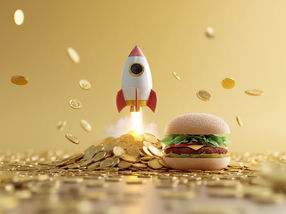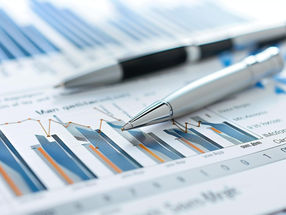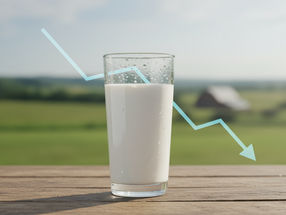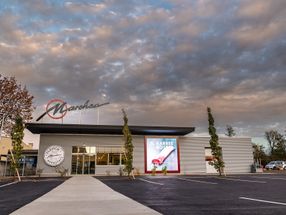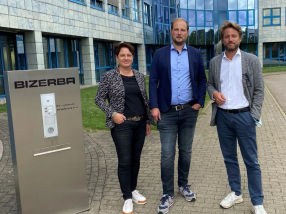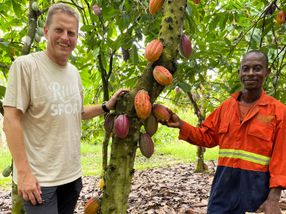Square. Practical. CO2-neutral.
Ritter Sport is a climate-neutral company
Advertisement
A lot of energy is needed to produce chocolate from ingredients such as cocoa, milk and sugar. Nevertheless, Alfred Ritter GmbH & Co KG has achieved another of its key sustainability goals and is now a climate-neutral company.
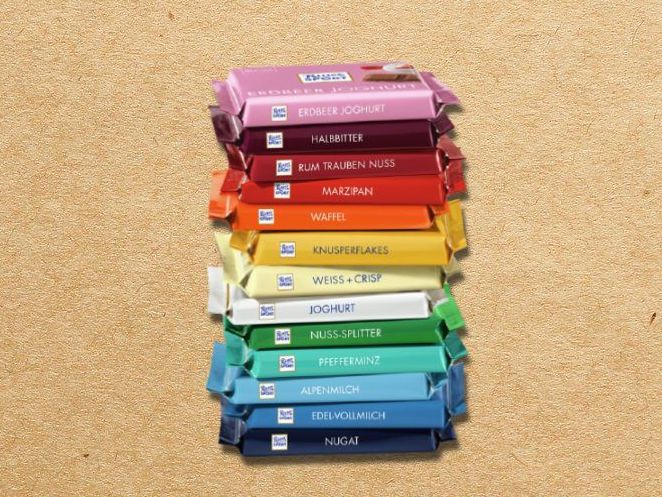
Square. Practical. Good. And made by a climate-neutral company: The colorful Ritter Sport squares.
Alfred Ritter GmbH & Co. KG
A triad describes the path to climate neutrality that the family-owned company embarked on some 20 years ago:
-
Reducing emissions wherever possible
Calculation of the remaining CO2e emissions [1].
Compensation of unavoidable emissions
Reduction of emissions wherever possible
With a long-term energy concept, the emission of greenhouse gases has been continuously reduced. For example, Ritter has been purchasing exclusively green electricity from renewable sources since 2002, has numerous photovoltaic modules and its own combined heat and power plant, which covers almost 70 percent of its own heat and 40 percent of the electricity requirements at the Waldenbuch site. A professional and ambitious energy management system also ensures annual energy savings.
Calculation of the remaining CO2e emissions
On this basis, Soil & More has calculated remaining CO2e emissions (Scope 1 and 2 as well as Scope 3, influenceable) of just under 29,000 tonnes for 2020. The family-owned company is now offsetting these through certificates in accordance with the renowned Gold Standard.
Compensation of unavoidable emissions
Following an initial milestone, climate-neutral production in 2019, which included all processing steps at the Waldenbuch site (Scope 1 and 2), Ritter is also offsetting factors beyond production for 2020 that are within the company's direct sphere of influence, such as the delivery of the chocolate produced (Scope 3, influenceable). The next step, complete climate neutrality along the entire value chain, also includes areas outside the company's own sphere of influence, such as the production of raw materials (Scope 3 not influenceable). This major goal is to be achieved by 2025.
Own climate protection project El Cacao
It is expected that from 2021, certificates from the company's own value chain can also be used to offset unavoidable CO2 emissions. By reforesting 1,200 hectares, the Ritter Sport cocoa farm El Cacao in Nicaragua is recognized as a climate protection project according to the Gold Standard. In this way, the family-owned company will generate its own certificates in the future.
1] CO2e includes all climate-damaging emissions converted as CO2 equivalent.
Note: This article has been translated using a computer system without human intervention. LUMITOS offers these automatic translations to present a wider range of current news. Since this article has been translated with automatic translation, it is possible that it contains errors in vocabulary, syntax or grammar. The original article in German can be found here.




